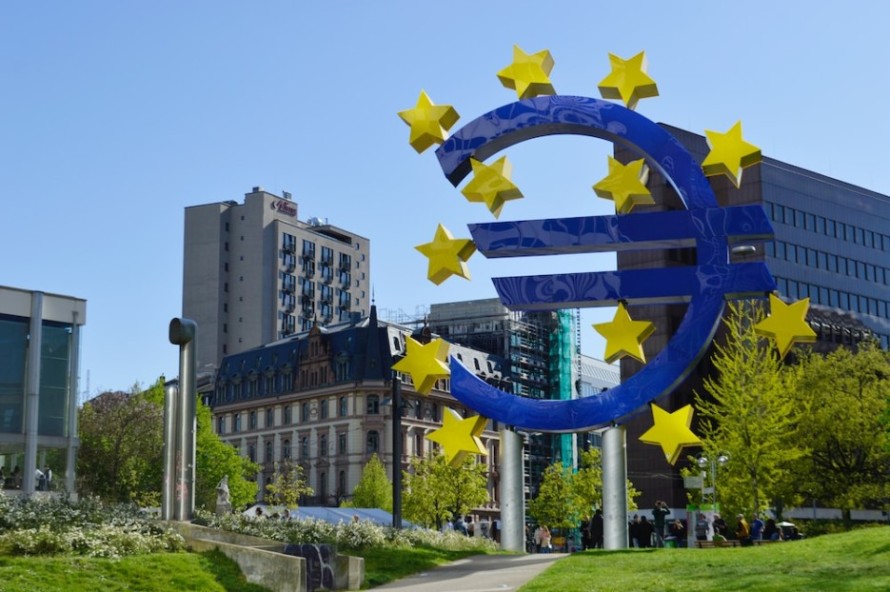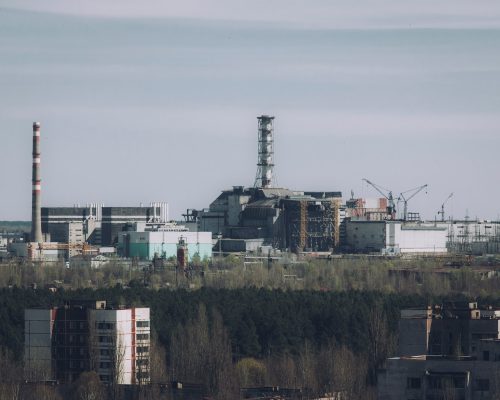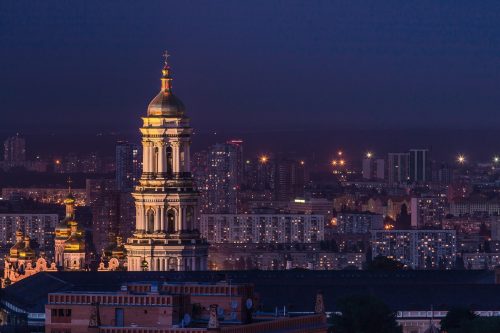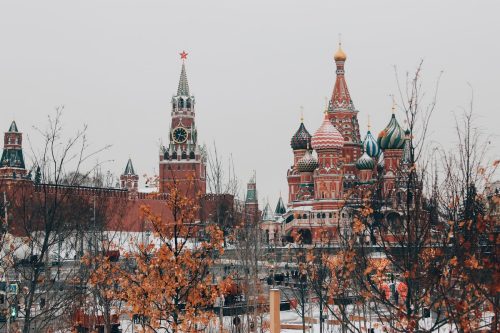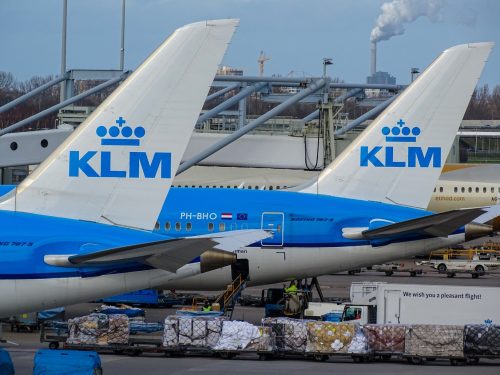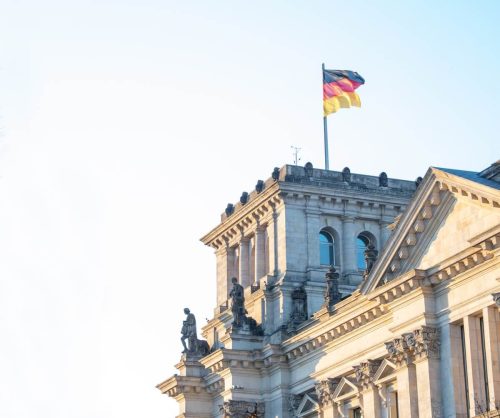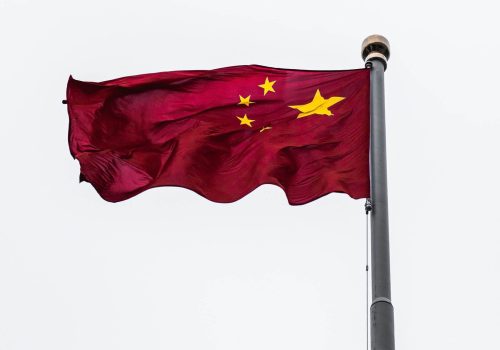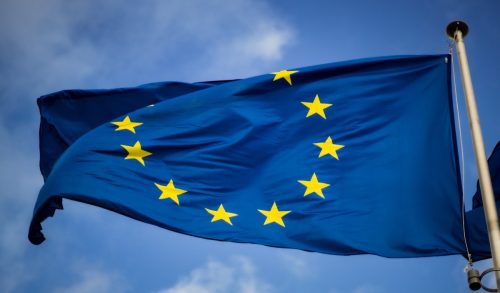
The latest eurozone inflation data has come in at 10.7% for October, revealing higher than anticipated cost pressures across the bloc.
With the war in Ukraine and skyrocketing gas prices, eurozone countries have seen a staggering 41.9% year-on-year increase in the cost of energy. Food was also facing a 13.1% year-on-year increase, adding pressure to the European Central Bank to tighten monetary policy further.
The news of higher than expected inflation data in October also placed pressure on the ongoing cost-of-living crisis affecting Europeans who now have to contend with ever increasing bills for electricity, higher food costs and reduced disposable incomes.
Among the most affected countries were Italy and Germany. Italy’s latest inflation data showed a 12.8% year-on-year increase while Germany edged up to 11.6% over the past year. Eastern European countries also showed a worsening outlook, being particularly hit by energy costs with inflation increasing over 20% in some member states including Estonia and Lithuania.
Due to the ongoing global supply crunch on energy including gas and oil, European economies are facing a difficult winter, with expected GDP growth rates to fall more sharply than previously predicted. Depending on weather conditions over winter, energy prices could rise further if demand peaks and there is insufficient capacity in the market. This power crunch has been especially exacerbated in France, the second largest economy in the eurozone, due to a number of nuclear power stations being shut down following maintenance issues.
The euro fell in early trading against major currencies including the dollar and the British pound, with economists concerned that a weak euro could exacerbate the energy crisis, with more market intervention and higher interest rates needed.
Source: Métro Liberté
